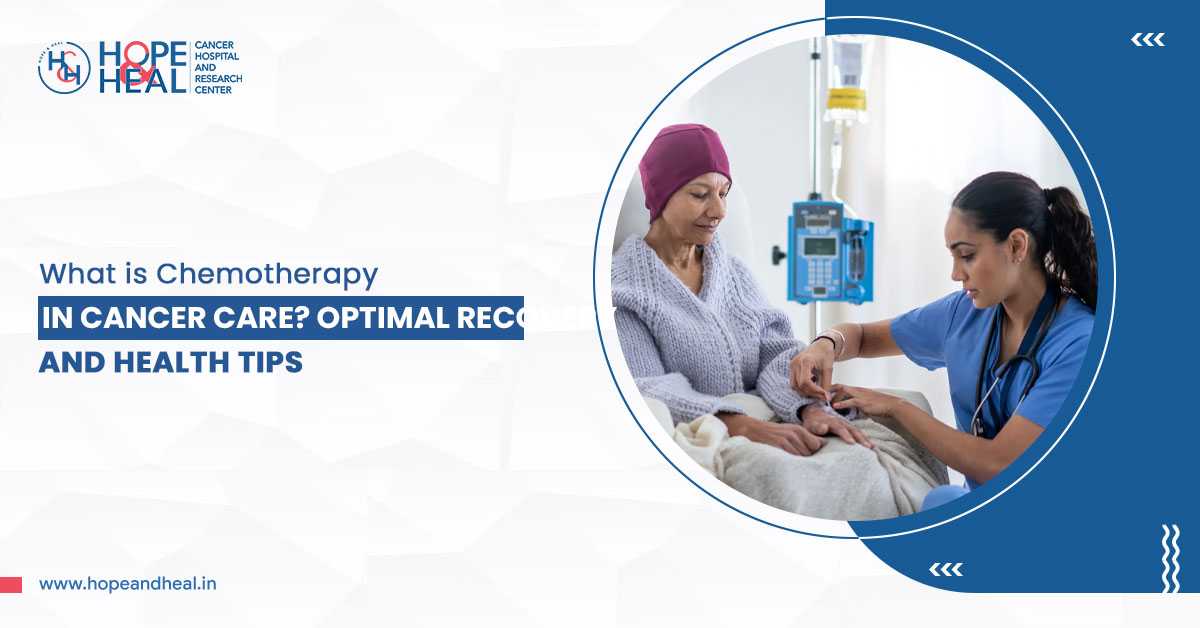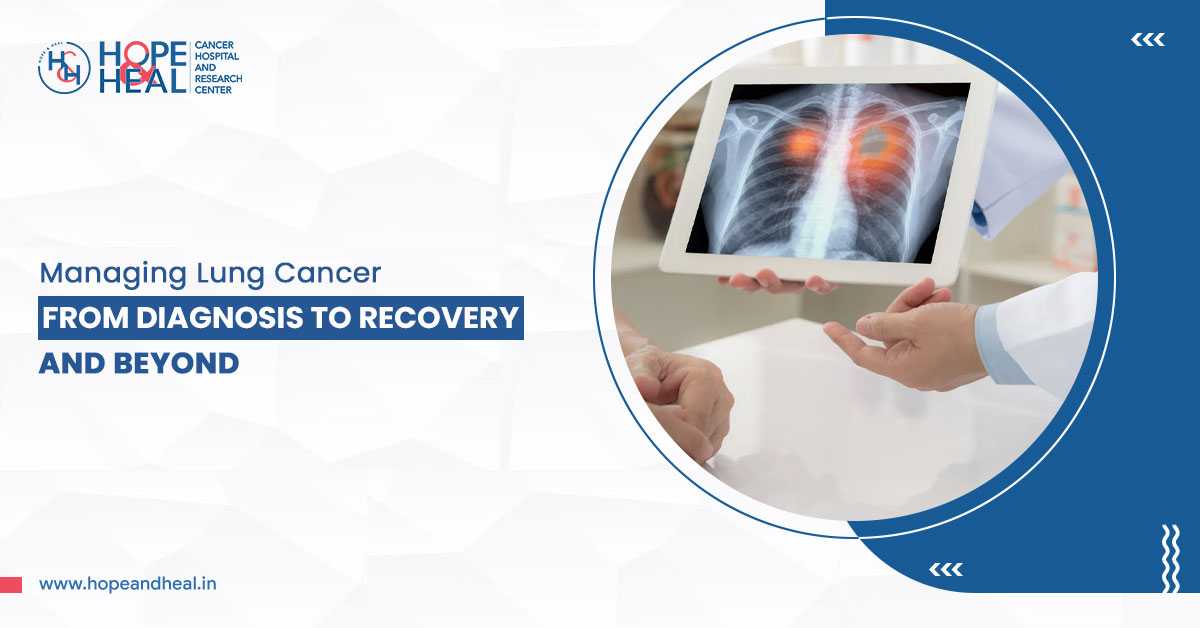Uterine cancer is cancer of the uterus or womb, which affected about 417,000 people in 2020 worldwide. It’s one of the most common gynecologic cancer types, involving two kinds – endometrial cancer and uterine sarcoma. When it comes to uterine cancer, unusual vaginal bleeding (heavier than usual) is the most common symptom.
Experiencing heavy vaginal bleeding doesn’t mean you have uterine cancer. This symptom is a widely common gynecologic symptom. If you notice this sign, be sure to seek medical attention earlier. For comprehensive, high-end cancer treatment, visit the best cancer hospital and research center in the region.
Uterine cancer signs and symptoms
The symptoms of uterine cancer resemble many gynecologic conditions. Therefore, identifying the underlying reason without clinical diagnosis is downright challenging.
Recorded below are the signs and symptoms of uterine cancer:
- Heavy periods
- Unusual periods before menopause
- Periods persist without a breast or longer than usual
- Vaginal bleeding between periods
- Lower abdominal pain, pelvic pain
- Weight loss without trying
- Watery vaginal discharge with foul-smell
- Difficulty urinating
- Changes in bowel movements
Uterine sarcoma grows in the muscle wall of the womb/uterus, known as myometrium. However, uterine sarcomas are rare. Undergo compassionate and advanced cancer treatment in Siliguri by the leading oncologists in town.
Endometrial cancer grows in the lining of the womb/uterus (endometrium), which is the most common uterine cancer and one of the most common gynecologic cancers. About 95% of uterine cancers are endometrial cancers.
What contributes to uterine cancer
Gene mutations or DNA changes in the uterine cells lead to cancer development. Researchers and doctors don’t know about the definitive cause of uterine cancer but a combination of factors is suspected, including:
- A diet high in animal fat
- Older age or the age over 50
- Genetic disorders inherited, such as Lynch Syndrome, hereditary nonpolyposis colorectal cancer
- Polycystic ovary syndrome/ PCOS
- Obesity/excessive body weight
- Early menstruation
- Late menopause
- Have never been pregnant
- Ovarian tumours causing hormonal imbalance, such as high estrogen, low progesterone
- Have been diagnosed with diabetes; existing diabetes
- Family history of uterine cancer, bowel cancer, or ovarian cancer
- Contact with radiation therapy to the pelvis
- Getting estrogen replacement therapy/ERT
- Having a genetic condition like Cowden Syndrome
Approximately 20% of women with endometrial cancer notice no prominent symptoms. It’s a slow-developing cancer, which takes months or years to develop. Many people with risk factors don’t develop uterine cancer in their lives. In other instances, people with no existing risk factors develop it. Get well-rounded cancer treatment at the best oncology center.
A number of tests and diagnostic procedures help with uterine cancer diagnosis, such as physical examination, blood tests, transvaginal ultrasounds, abdominal ultrasounds, endometrial biopsy, urine tests, hysteroscopy, CT, MRI, and PET scans. Based on medical reports, patient-centric treatment is provided, such as surgery, radiation therapy, chemotherapy, immunotherapy, hormone therapy, targeted therapy, and palliative/supportive care.






